Advertisement
Clinically called cerumen, earwax is a standard substance made by cells in the ear canal. People usually think of earwax as an annoying substance, but it protects, moisturizes, and keeps the ear canal clean. Some people regularly try to get rid of earwax, but doing so is usually pointless and can even be dangerous because earwax comes out of the ear on its own. It is necessary to remove earwax when it causes pain, hearing loss, or other problems. Explore the reasons behind earwax, when and why you should clean it, signs of impaction, the best and worst methods to clean your ears, and how often you should do it.

Earwax comes from the outer ear's ceruminous and sebaceous glands. A complex combination of fatty acids, squalene, cholesterol, and other natural secretions protects the ear. The primary aim is to protect the ear from dust, dirt, and other foreign particles. In addition to protecting against infection, earwax is acidic, making it unfriendly to germs and fungus. Earwax moisturizes the ear canal, preventing dryness, discomfort, and flakiness. Ear infections and irritations would increase without earwax.
Naturally, it removes earwax. The jaw pushes older wax to the outer ear during eating and talking. External earwax may flake or wash away, keeping the ear clean without intervention. Most people's earwax self-cleans, ensuring excellent ear health and reducing cleaning. Due to ear canal form, high earwax production, and frequent ear gadget use, this operation may be uncomfortable and blocked.
The self-cleaning mechanism in most ears keeps earwax levels regular without removal. When we speak or chew, earwax (cerumen) usually comes out of the ear canal. Most earwax removal is unnecessary, and doing it too frequently may damage the ear canal and trigger glands to produce more wax, which promotes accumulation. Symptoms of impaction might make earwax growth problematic. These symptoms include fullness, hearing loss, earaches, and tinnitus. Excessive earwax may compromise the fit and function of hearing aid and earplug users, causing discomfort or device failure.
Audiologists claim narrow or curved ear canals or increased wax production increase the risk of earwax accumulation. Regular users of earbuds or hearing aids may obstruct wax's usual passage out of the ear. Removing earwax may reduce discomfort, restore hearing, and prevent future issues. People may benefit from regular cleanings with over-the-counter ear drops or by a doctor. Cleaning earwax only when necessary protects ear health against harsh or unnecessary cleaning.
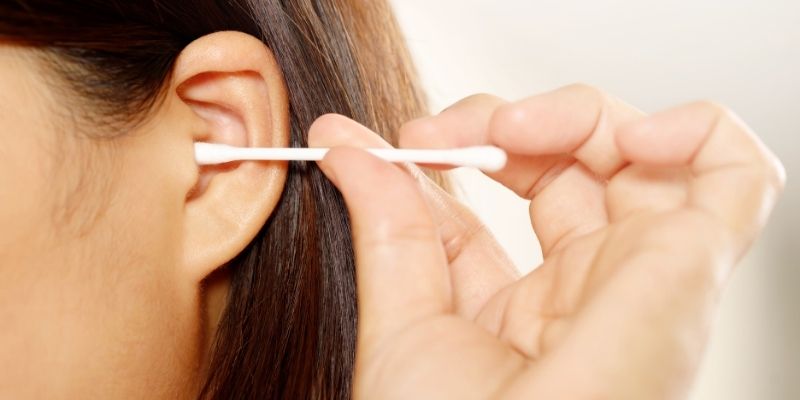
When wax blocks the ear canal, it causes pain and other symptoms. Recognizing impaction symptoms will help you decide whether therapy is needed. Earwax impaction symptoms and
Protect your ears if you have impaction symptoms or need to clean them. These mild ear-cleaning procedures are recommended:
Some ear-cleaning procedures are harmful and should be avoided. Avoid these techniques:
Without frequent ear cleaning, earwax will naturally come out. Cleaning too much removes protective wax and stimulates glands to generate more, worsening accumulation. Cleaning should only be done when you have fullness, hearing loss, or discomfort. Doing too much may prevent the ear from self-cleaning, which works wonderfully.
Due to the possibility of impaction, patients with ear canal eczema, ear surgery, or hearing aids may require more frequent cleanings. A healthcare worker may recommend thorough professional cleanings. If you often have earwax accumulation or impaction, a doctor may advise you on proper ear cleaning. Remember that ears can usually clean themselves, and overcleaning them may be dangerous.
Protects, moisturizes, and cleans with ear wax. Cleaning one's ears isn't necessary for most individuals, and doing it incorrectly may be fatal. Earwax impaction, which requires cleaning, is the likely cause of hearing loss, discomfort, and vertigo. To alleviate discomfort without causing harm to the ear, try over-the-counter ear drops, a gentle cleaning, or have it removed by a professional. Sharp objects, cotton swabs, and ear candling can aggravate the impaction and cause pain. To maintain healthy ear canals, most individuals should clean their ears regularly. To maintain your ears healthy and functioning correctly, you need to know when and how to clean them.
Advertisement

By Gabrielle Bennett /Mar 16, 2025

By Maurice Oliver/Mar 18, 2025
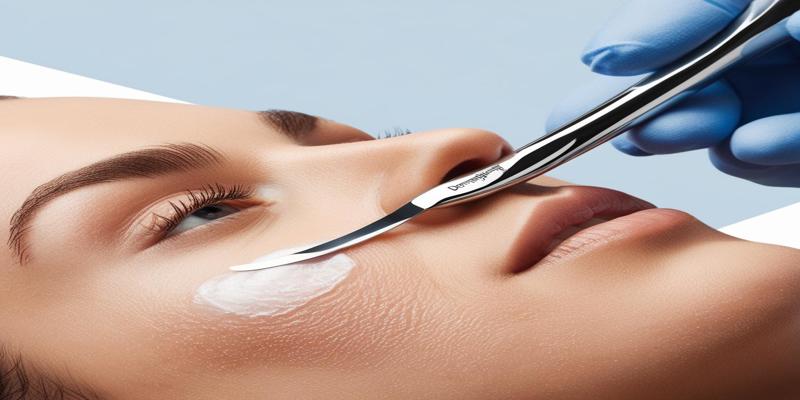
By Noa Ensign/Mar 18, 2025

By Madison Evans/Jan 03, 2024

By Celia Kreitner/Jan 14, 2025

By Gabrielle Bennett /Jan 14, 2025
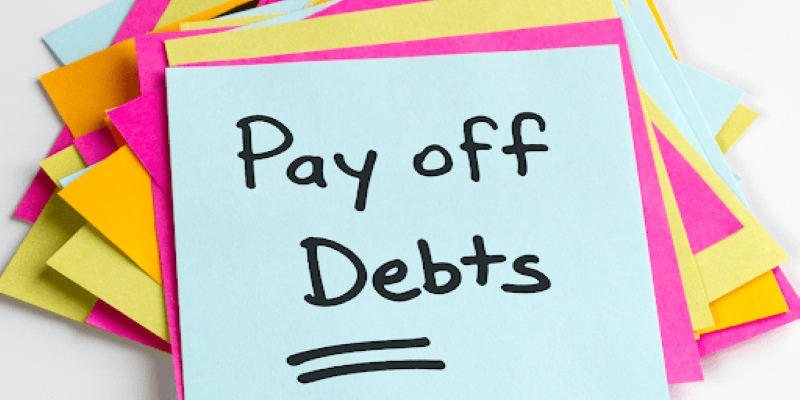
By Aldrich Acheson/Dec 21, 2024

By Nancy Miller/Jan 01, 2024
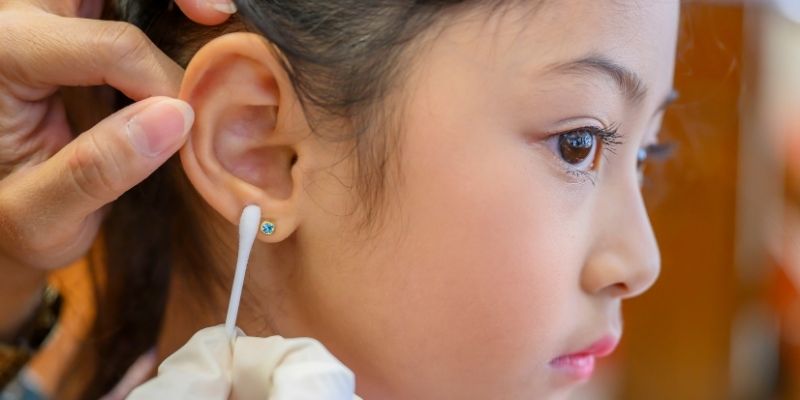
By Nancy Miller/Nov 09, 2024
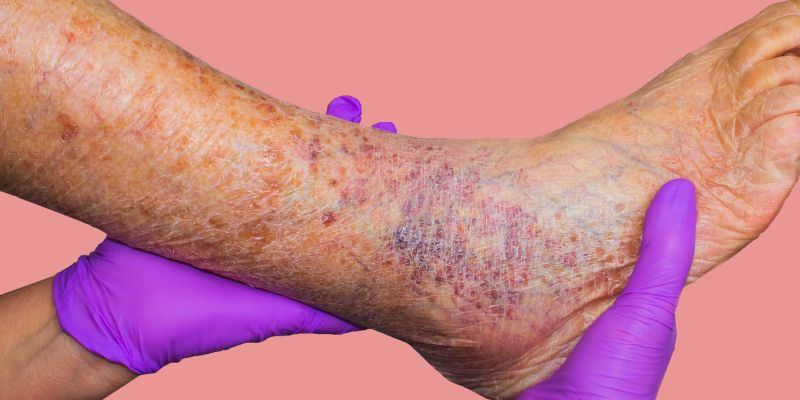
By Celia Shatzman/Mar 18, 2025

By Celia Shatzman/Mar 18, 2025
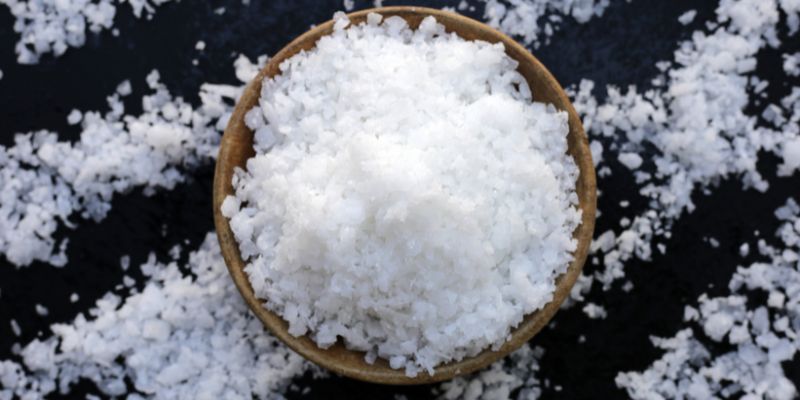
By Noa Ensign/Nov 08, 2024